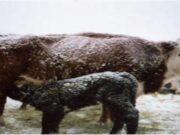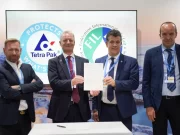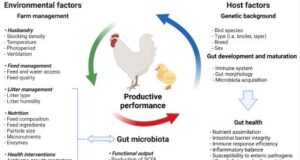
On October 15, 2024, Optima Life Sciences hosted an engaging Technical Seminar with Topic “Understanding Causes of Lameness Incidences in Poultry and Strategies to Minimize it” at Amanora the Fern Hotels & Club, Pune.
The seminar was attended by more than 125 participants, primarily from the Poultry Farmers and Breeders Association (MH), along with prominent figures from the poultry industry across India.

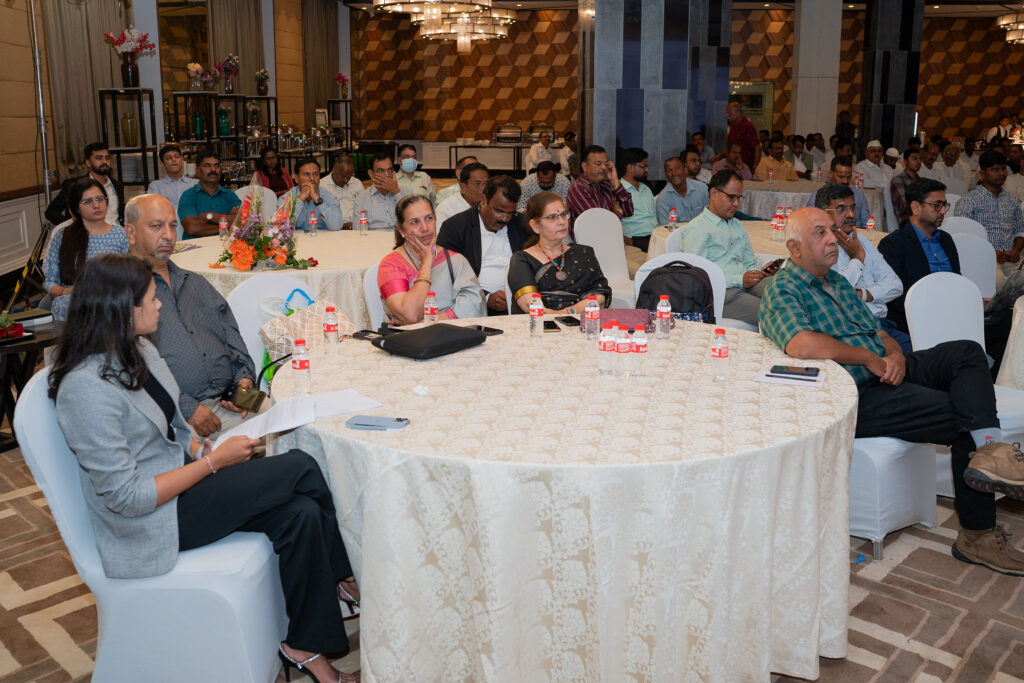
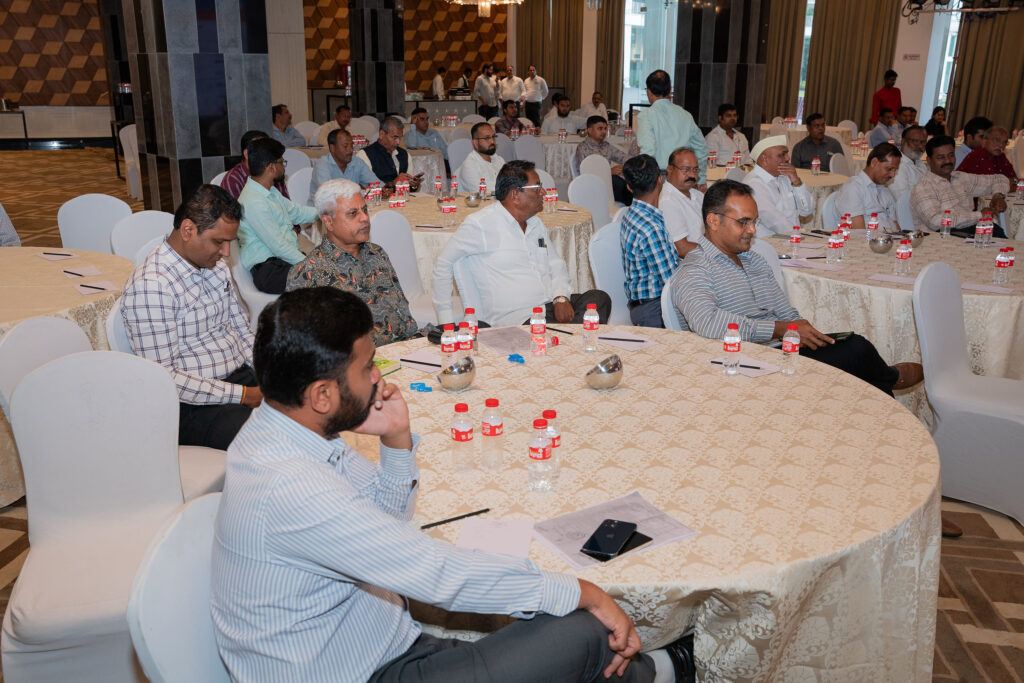
The Seminar opened with an impactful presentation by Dr. Nivedita Pande on addressing lameness in poultry. This session delved into the use of analytical epidemiology as a tool to detect lameness. Dr. Pande shared the results from a clinical controlled trial (CCT), adjusting parameters based on findings from pilot and subsequent studies.
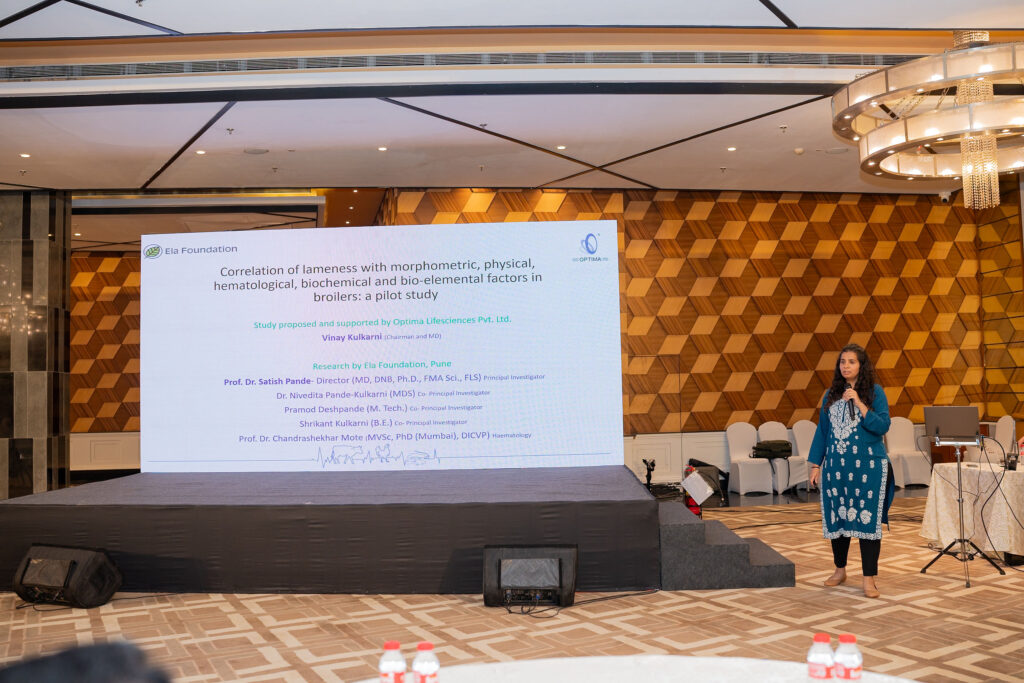
This research aims to offer practical guidelines for reducing lameness in broilers raised in commercial settings, enhancing both health and productivity. The study identified several key diagnostic indicators strongly associated with lameness, including elevated heterophil-to-lymphocyte (H/L) ratios, high serum phosphorus, and low levels of zinc and boron. Significant correlations were also noted between body weight, femoral length, bone curvature, and lameness. Dr. Pande highlighted the potential for future studies to predict subclinical lameness, enabling early intervention.
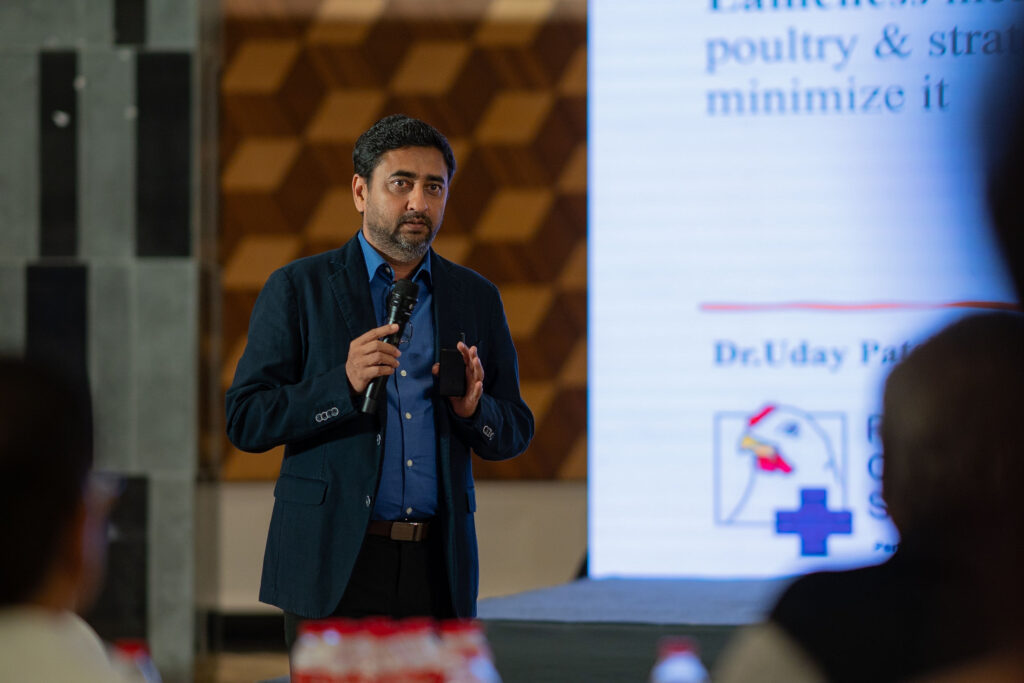
Following Dr Pande’s presentation, Dr. U.C. Patel expert Nutritionist provided insights into the metabolic causes of lameness and the economic impacts of leg weakness. He emphasized the importance of mineral balance, particularly the relationship between calcium, phosphorus, and phytase, in preventing lameness. He also added that once lameness appears in a flock, simply increasing calcium and phosphorus is insufficient without addressing other underlying factors. He advised that mineral sources should be carefully analyzed for content and bioavailability
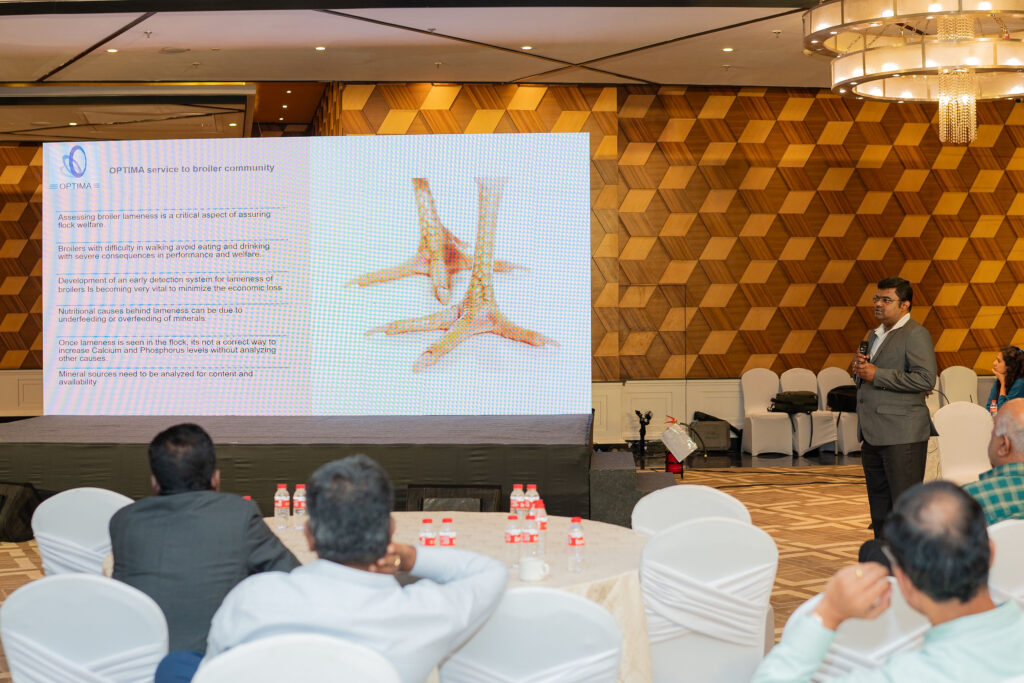
Dr. CV Chandrasekaran, VP. Optima Life Sciences concluded by highlighting the role of improving calcium and phosphorus digestibility in reducing the risk of lameness. In light of these discussions, Optima Life Sciences introduced Ozyme P Advance, a potent combination of potentiated phytase and boron. This product boasts unique features, including 10% higher activity than conventional phytase enzymes (measured in FTUs), protection against denaturation, and enhanced stability for a longer shelf life. With this innovative product launch, Optima Life Sciences aims to significantly contribute to the poultry industry by helping prevent lameness and improving overall flock health and productivity.
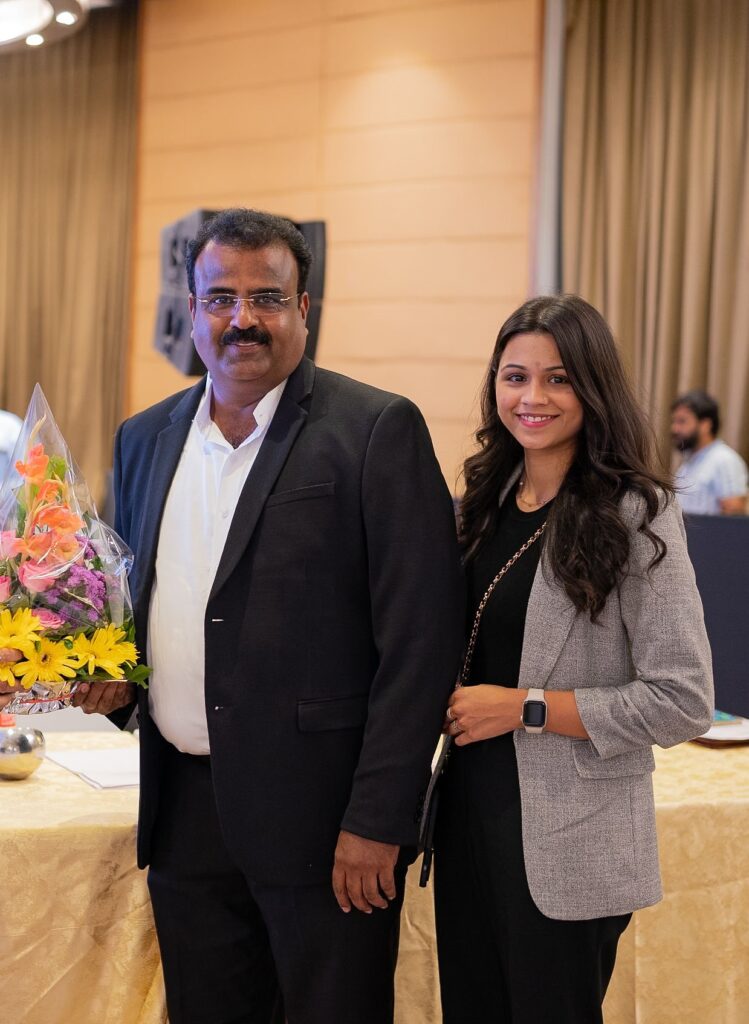
The Seminar, expertly organized by Director, Ms. Sakshi Kulkarni and study facilitated by Mr. Vinay Kulkarni, Executive Chairman, Optima Life Sciences concluded with a sense of optimism, setting the stage for further advancements in poultry health management.
